The gene-editing tool takes on “nonsense mutations” that are involved in roughly 30 million genetic diseases.
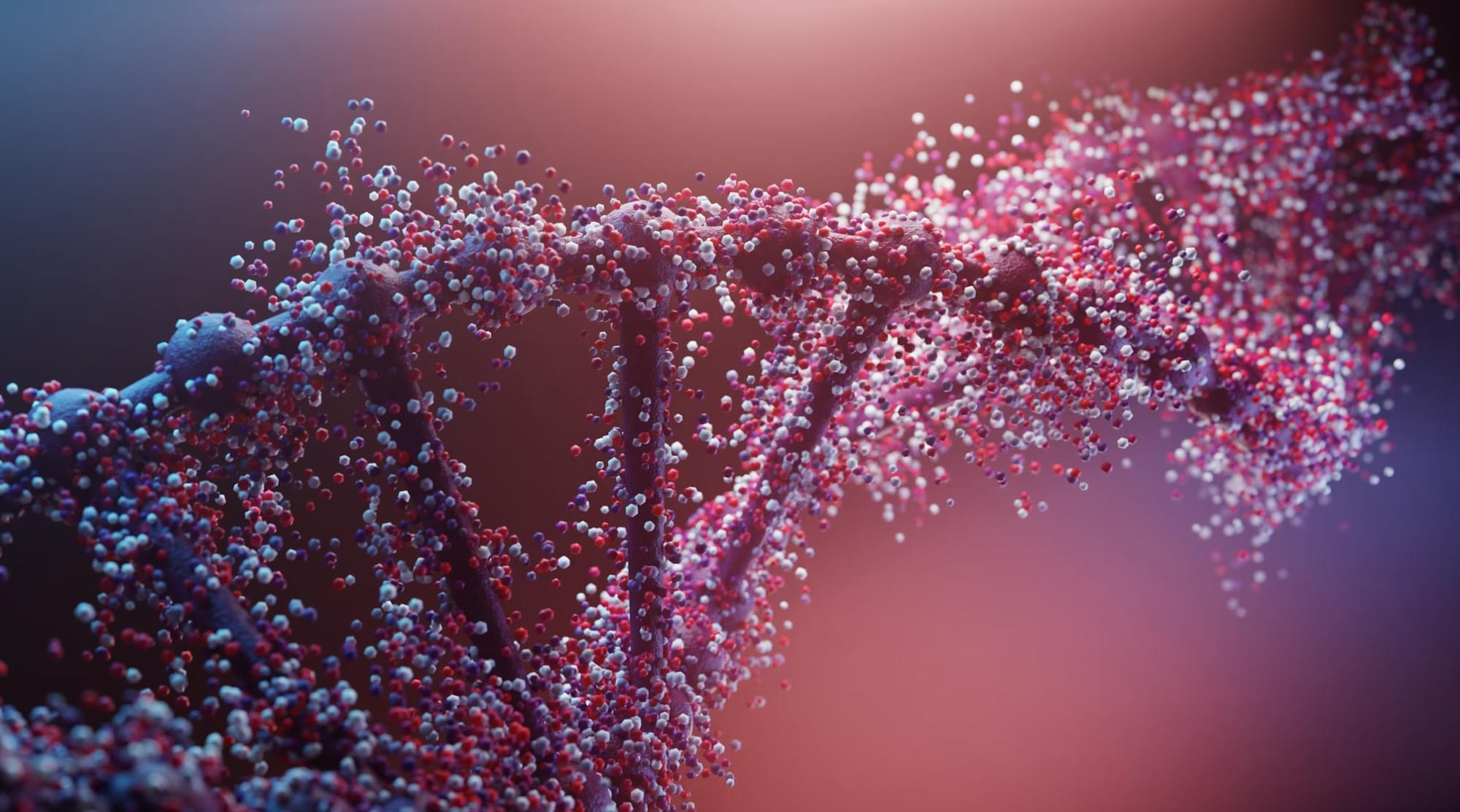

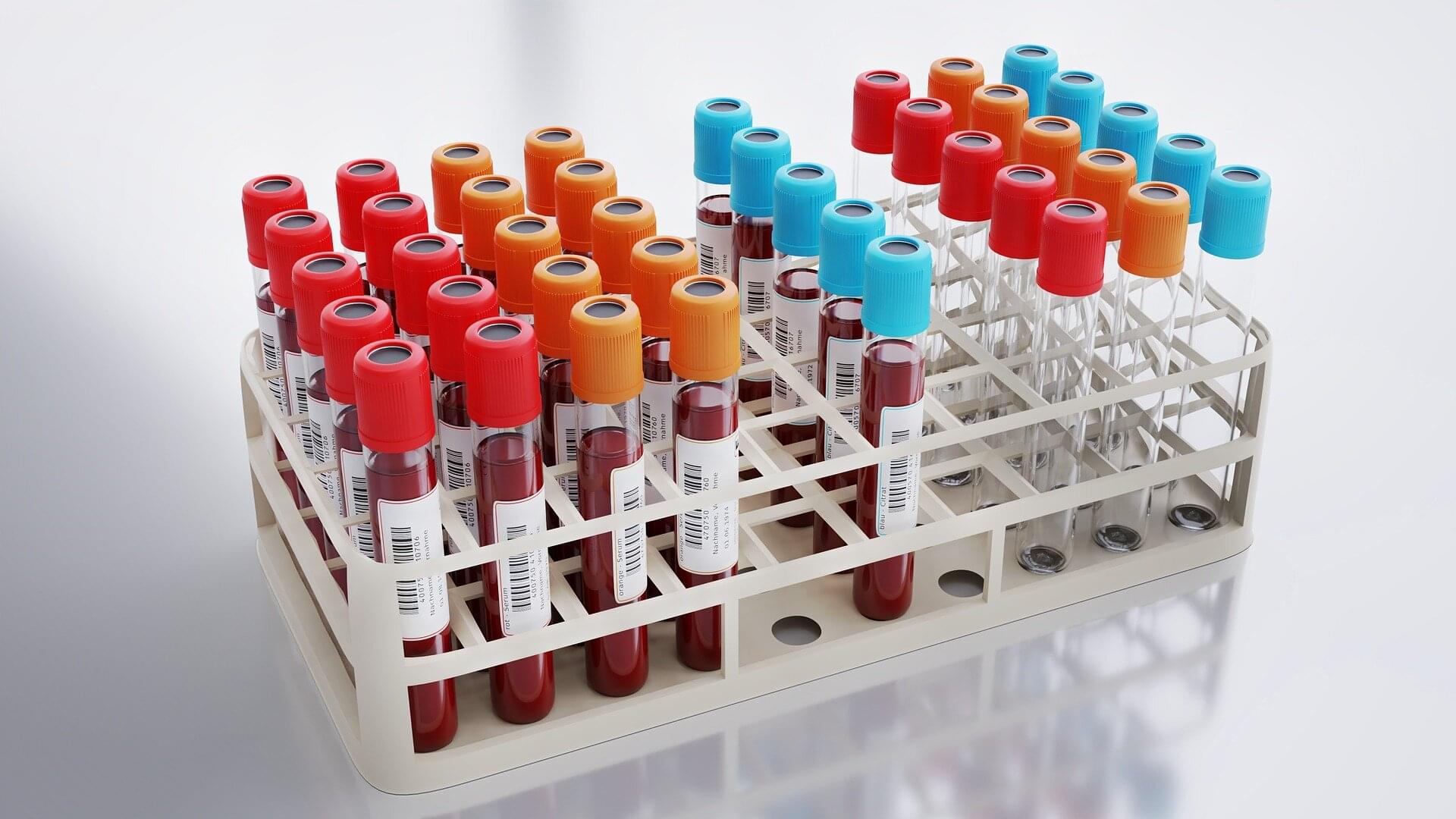
People with impaired kidney function have higher levels of Alzheimer’s biomarkers in their blood, but not an increased risk of dementia, according to a study published in Neurology.
The study does not prove that poor kidney function causes higher levels of Alzheimer’s biomarkers in the blood, it only shows an association.
Kidneys remove waste and toxins from the blood, which are then excreted in urine.
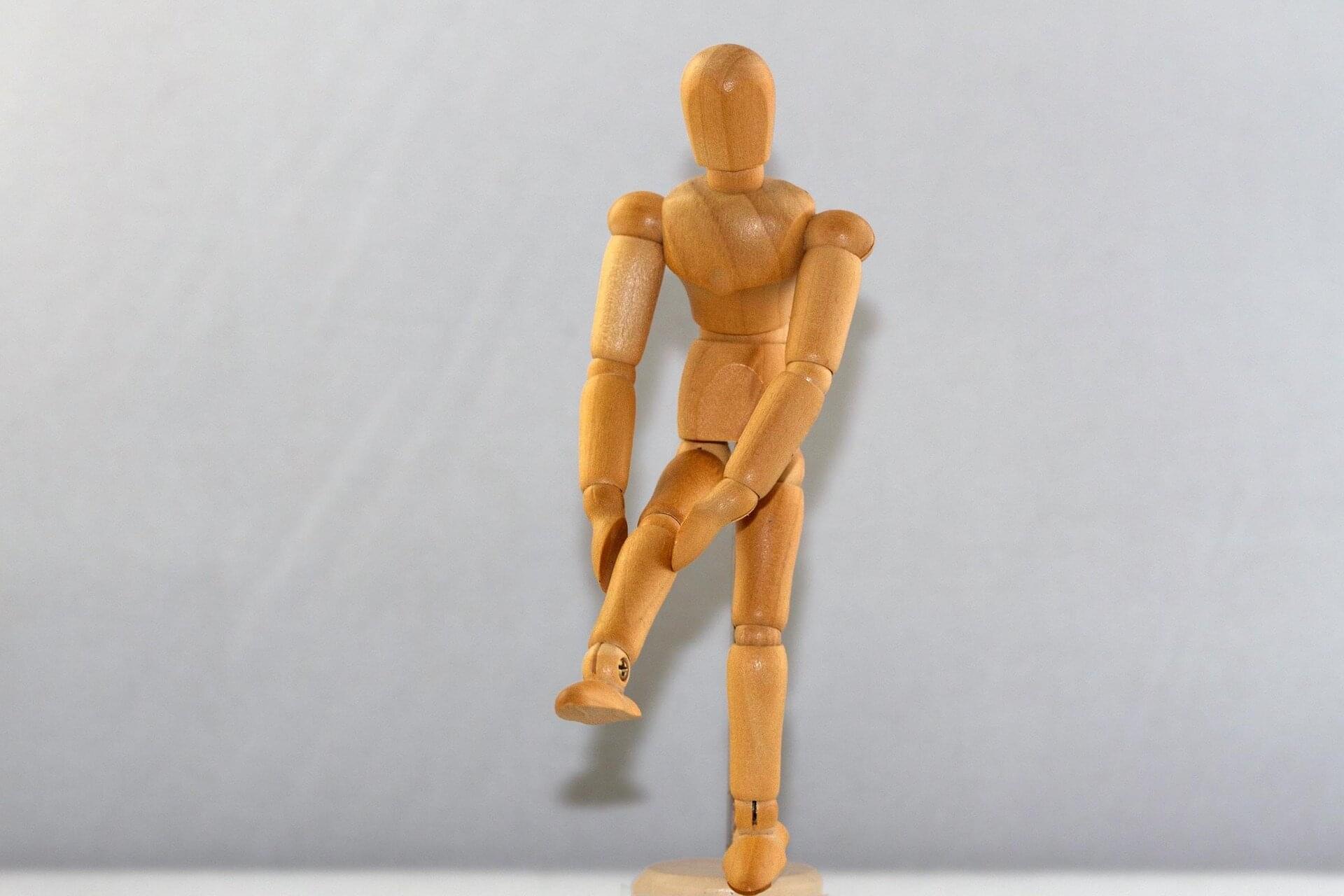
New research from a randomized clinical trial provides the strongest long-term evidence yet comparing partial (PKR) and total (TKR) knee replacements for patients with osteoarthritis. Published in The Lancet Rheumatology, the study shows both PKR and TKR being equally effective and offering similar clinical outcomes.
In 2019, the Total or Partial Knee Arthroplasty Trial (TOPKAT) study, led by researchers at NDORMS, found that after 5 years, partial knee replacement (PKR) showed similar, if not better, outcomes than total replacement (TKR). But the research horizon was extended to ten years to study whether the longer-term quality of life outlook for patients could be assessed.
Now, with 10 years of data, researchers have found that patients who underwent PKR and TKR had similar long-term pain relief, function, and quality of life outcomes.

Periodontal disease is a chronic inflammatory condition of the periodontal tissues, encompassing pathologies such as gingivitis and periodontitis. It has been shown that these conditions not only lead to localized inflammation but also have systemic effects on overall health. Recent studies have strongly suggested a link between periodontal disease and chronic systemic diseases, particularly cardiovascular diseases. Among these, endothelial function plays a crucial role in cardiovascular health, and endothelial dysfunction has been reported to contribute to the development of atherosclerosis, hypertension, and coronary artery disease. Endothelial function refers to the ability of endothelial cells to regulate vasodilation and vasoconstriction, primarily through the production and release of nitric oxide.
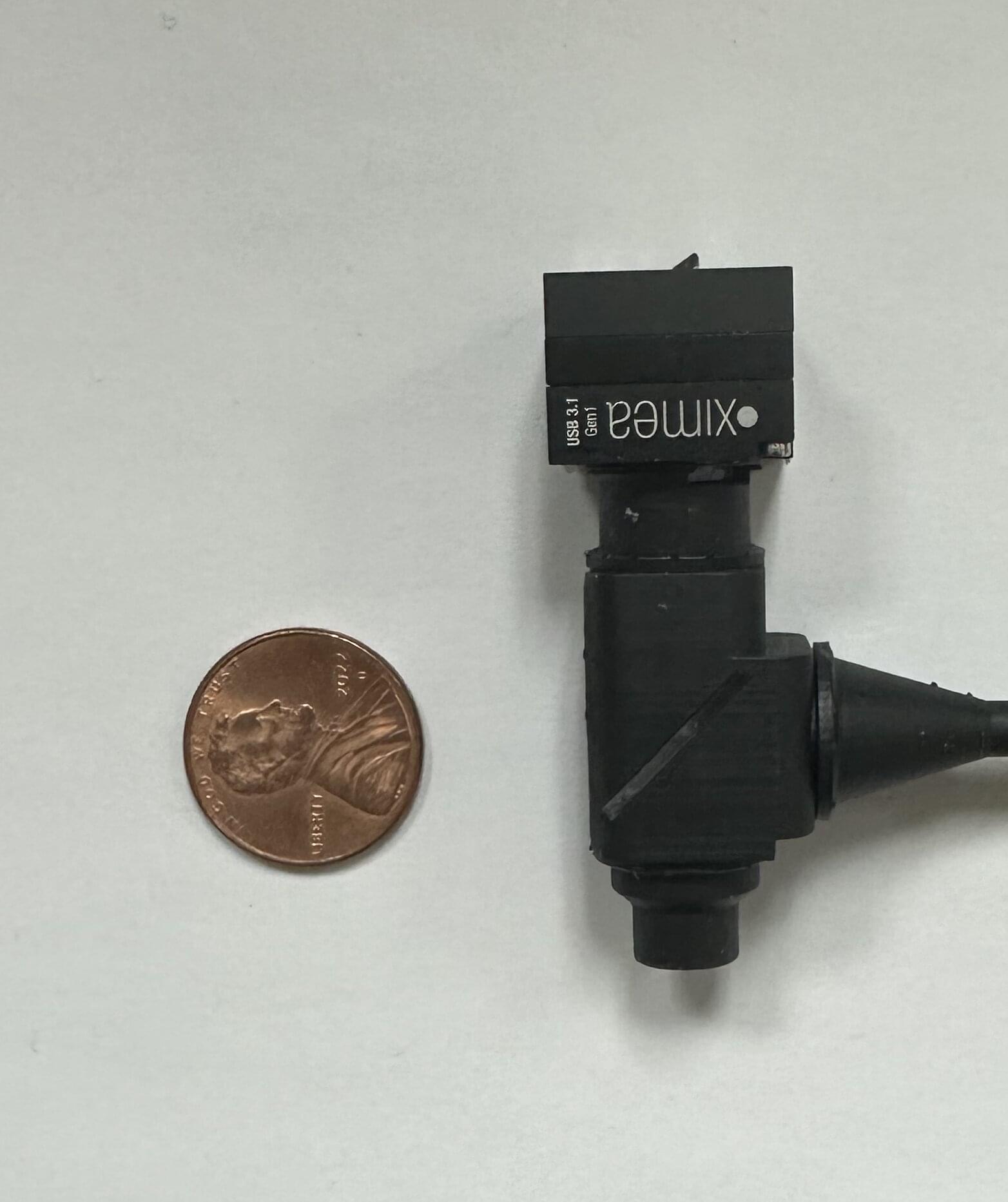
Researchers have built a tiny, lightweight microscope that captures neuron activity with unprecedented speed that can be used in freely moving animals. The new tool could give scientists a more complete view of how brain cells process information during natural behavior.
The microscope is designed to image genetically encoded voltage indicators —fluorescent dyes that rapidly change brightness when a neuron fires—through a small window in the skull while the animal is awake.
“Unlike most miniature microscopes that track slower calcium signals, ours captures electrical spikes at hundreds of frames per second,” said Emily Gibson from the University of Colorado Anschutz Medical Campus. “This makes it possible to capture the moment a neuron fires as well as the quieter signals that build up inside neurons before firing.”
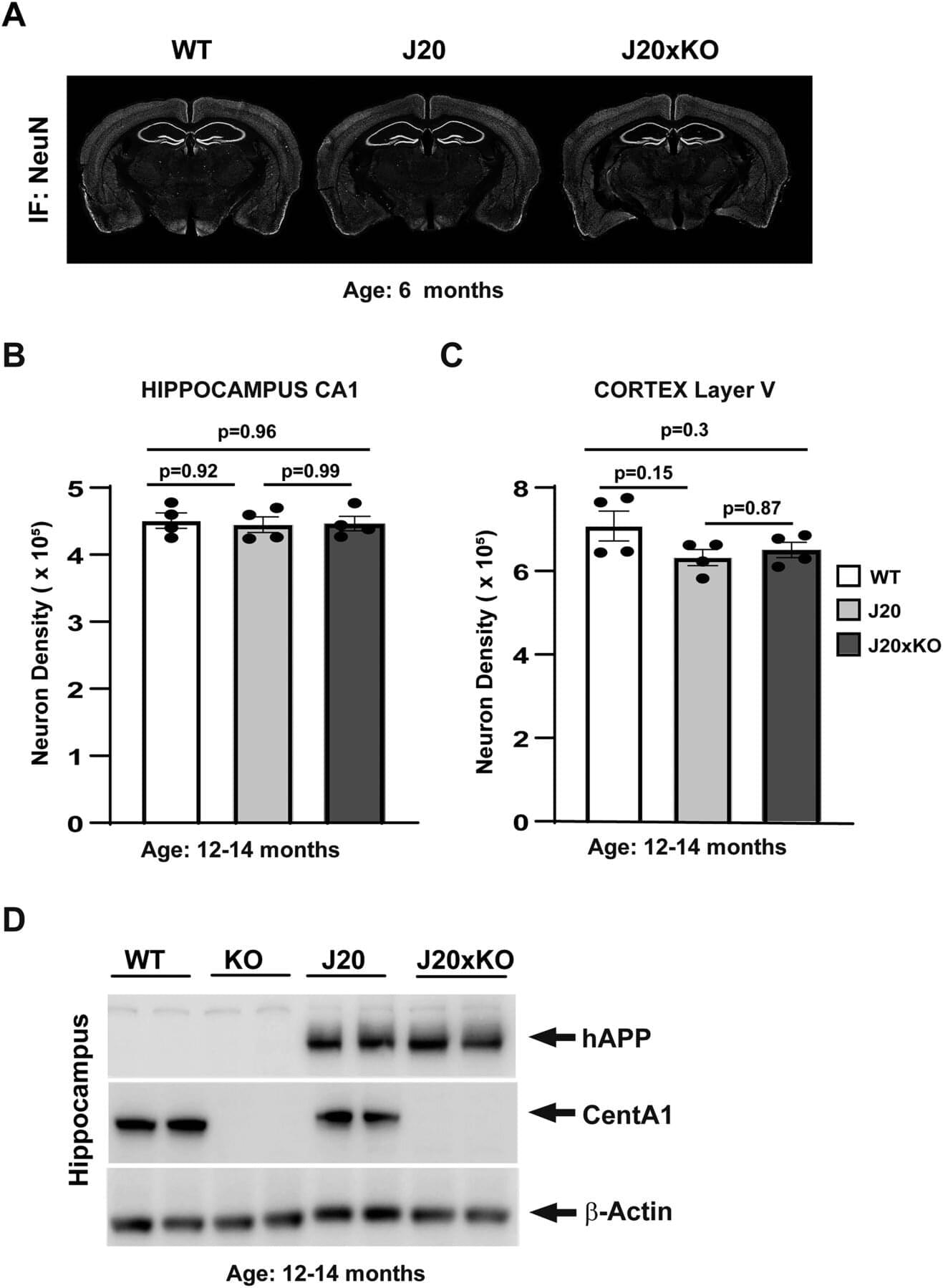
New research published in the journal eNeuro examined whether eliminating a protein that is elevated in the brains of those with Alzheimer’s could prevent or reduce damage and behavioral symptoms in a mouse model of Alzheimer’s disease.
“Previous work from our research team and others found evidence that a specific protein named Centaurin-α1 is involved in the progression of Alzheimer’s damage within neurons,” explained lead author of the study, Dr. Erzsebet Szatmari. “To confirm the role of this protein and see if it might be a good therapeutic target, we tested whether genetically removing it would prevent or slow disease progression in a mouse model of the disease.”
The scientists used a well-characterized model of Alzheimer’s disease in mice. The disease model (called J20) contains two genetic mutations associated with rare familial variants of Alzheimer’s disease. These animals develop changes in brain tissue and behavioral deficits characteristic of many symptoms seen in human Alzheimer’s disease, including neuroinflammation, accumulation of neuronal plaques, synapse loss, and impairments in spatial memory and learning.

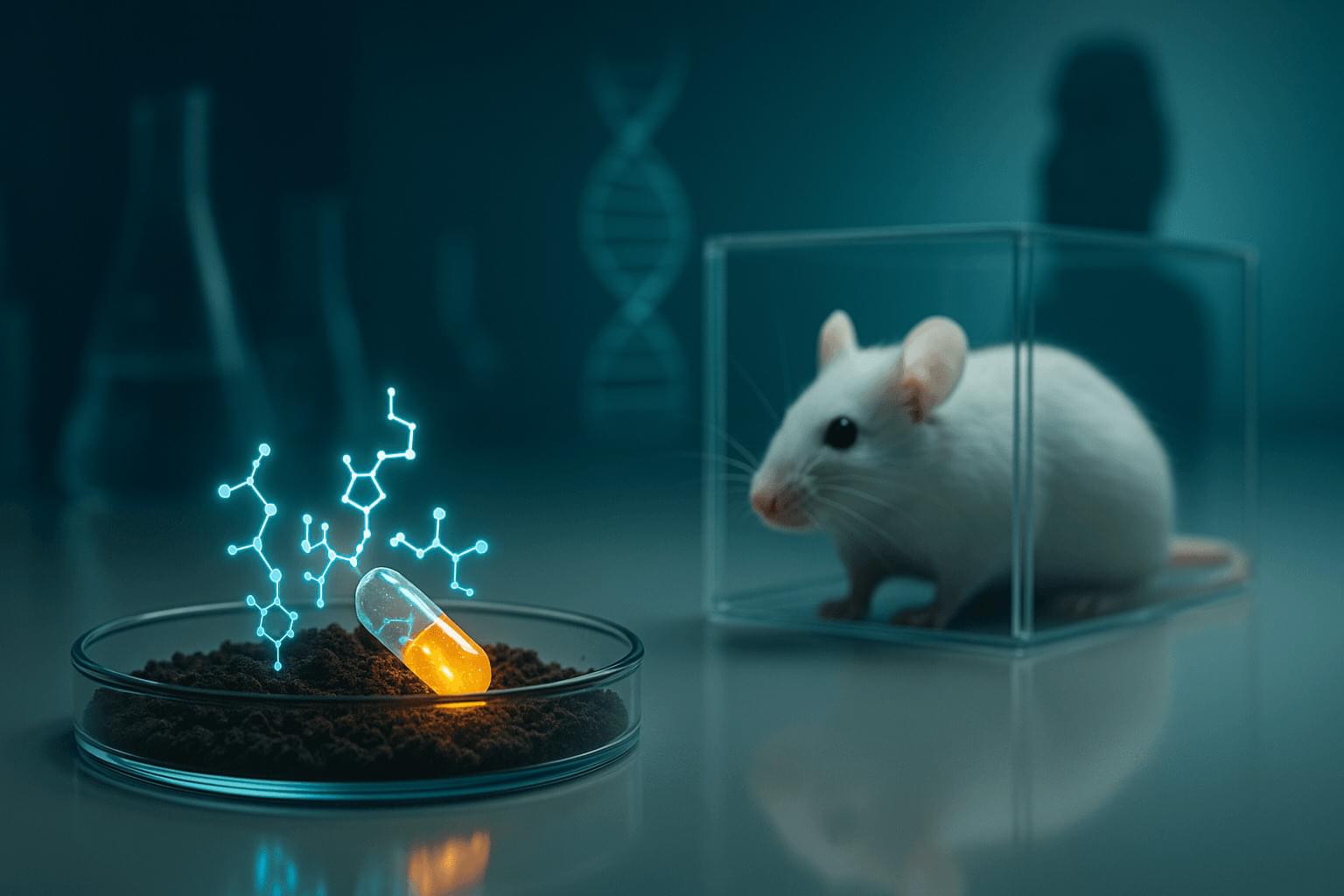
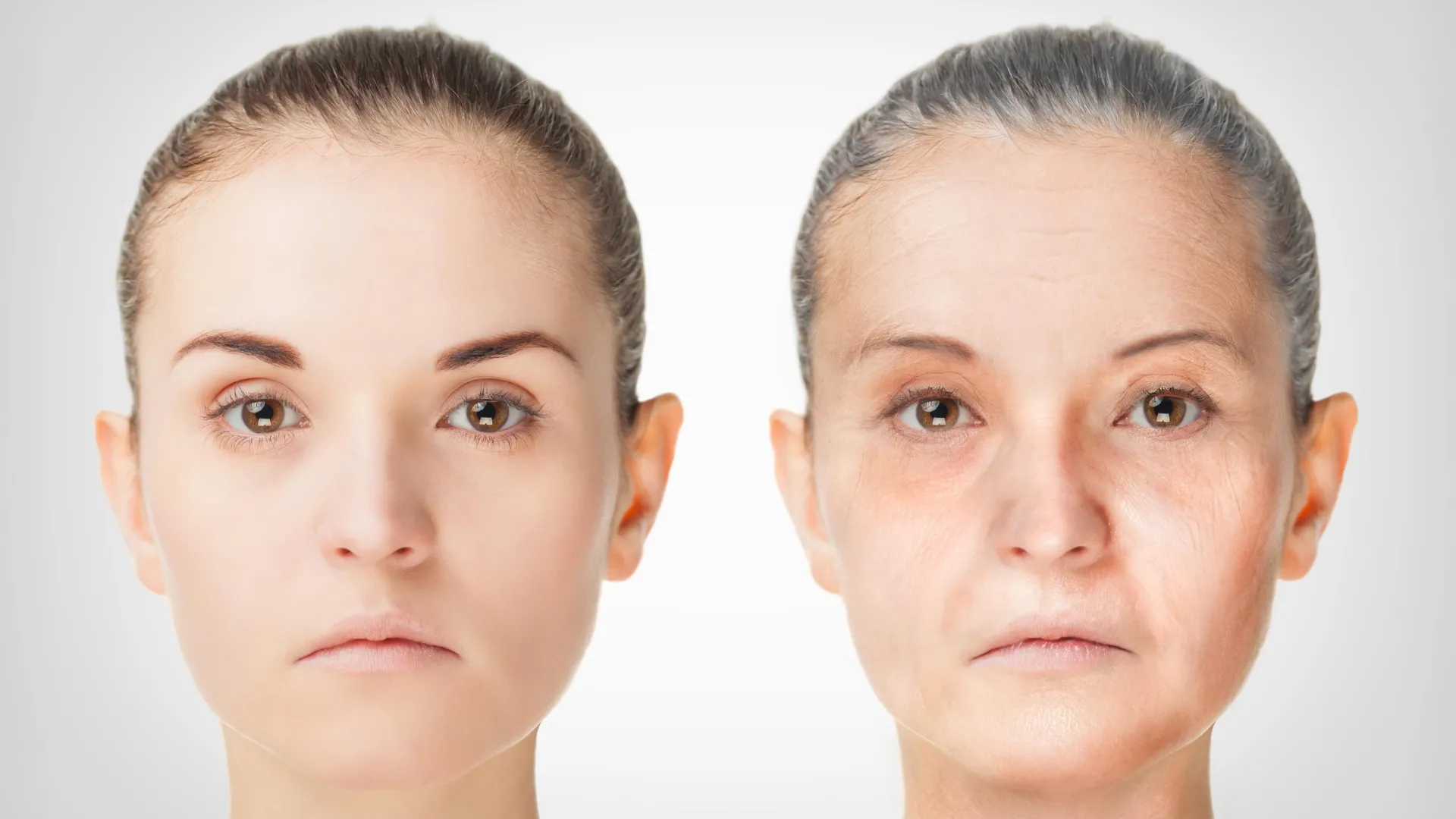
The study unexpectedly identified a significant role for a group of enzymes known as agmatinases, which convert the metabolite agmatine into polyamines. These enzymes appear to participate in a previously unrecognized “metabolic feedback loop” that helps maintain balanced TOR activity. When agmatinase activity was disrupted, yeast cells grew more quickly but showed signs of premature aging, revealing a trade-off between rapid growth and long-term cell survival.
The team also found that adding agmatine or putrescine (a related compound) supported longevity in yeast and improved growth under specific conditions.
“By showing that agmatinases are essential for healthy aging, we’ve uncovered a new layer of metabolic control over TOR — one that may be conserved in humans,” said Dr. Rallis. “Because agmatine is produced by diet and gut microbes, this work may help explain how nutrition and the microbiome influence aging.”
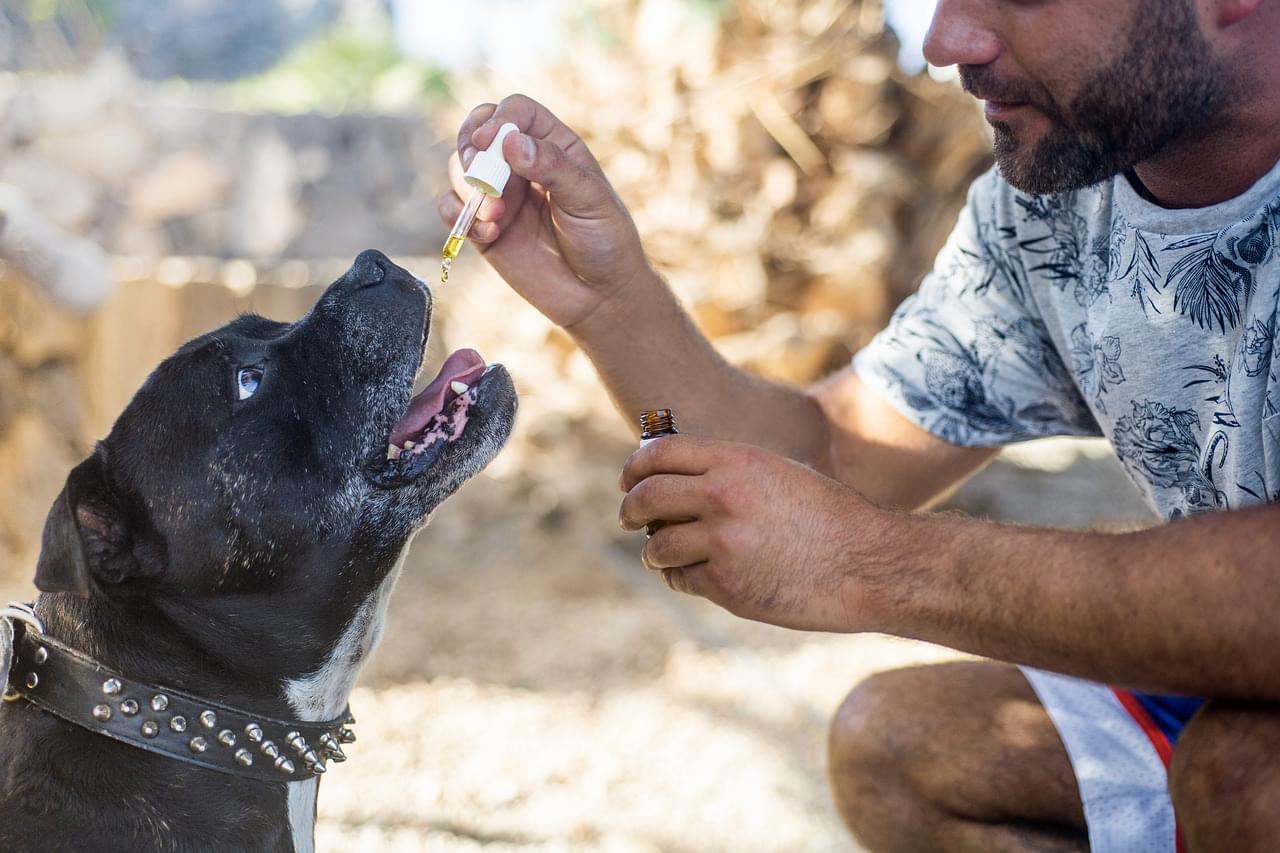
“The long-term use of CBD is associated with less intense aggressive behaviors in dogs.”
Can cannabidiol (CBD) help dogs in the same way it helps humans? This is what a recent study published in Frontiers in Veterinary Science hopes to address as a team of scientists investigated the benefits of incorporating CBD products into dog products. This study has the potential to help scientists, legislators, and the public better understand the health benefits of CBD for both humans and animals.
For the study, the researchers analyzed data obtained from the Dog Aging Project (DAP), which is an organization designed to gain insight into dog aging, lifestyle, diet, and environmental factors. Surveys were conducted from 47,444 dog owners between December 2019 and December 2023, with the first surveys being s baseline regarding a dog’s overall health status, while the second survey was used to ascertain the amount of CBD or hemp the owners fed their dogs while also assessing changes in behavior and/or health.
In the end, the researchers found that healthy dogs were less likely to use CBD, whereas dogs with limiting health conditions like dementia, epilepsy, or cancer were more likely to use CBD. Additionally, CBD-use dogs were found to exhibit less aggressive behavior compared to non-use dogs. Finally, the team found that states where CBD was legal had higher rates of dogs using CBD.